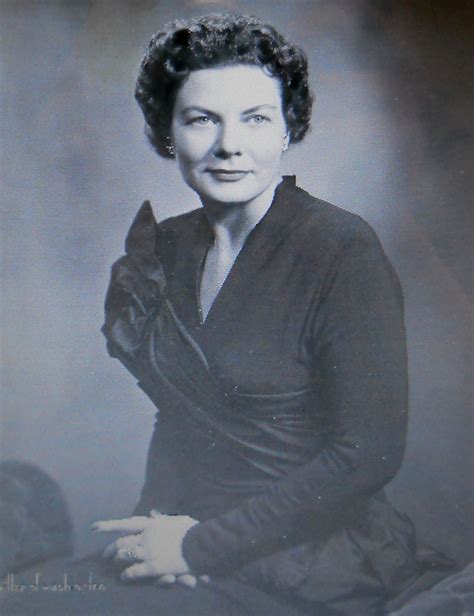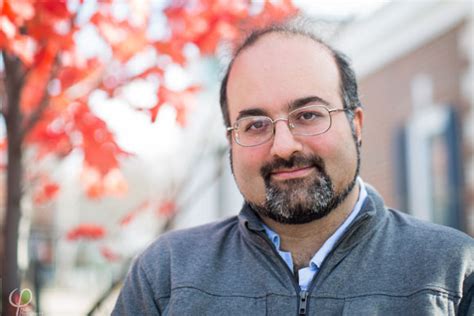A Quote by Albert Einstein
I have never looked upon ease and happiness as ends in themselves. This ethical basis I call the ideal of the pigsty.
Related Quotes
I have never looked upon ease and happiness as ends in themselves - this critical basis I call the ideal of a pigsty. The ideals that have lighted my way, and time after time have given me new courage to face life cheerfully, have been Kindness, Beauty, and Truth. Without the sense of kinship with men of like mind, without the occupation with the objective world, the eternally unattainable in the field of art and scientific endeavors, life would have seemed empty to me. The trite objects of human efforts - possessions, outward success, luxury - have always seemed to me contemptible.
It cannot be denied that Islam, regarded as an ethical ideal plus a certain kind of polity - by which expression I mean a social structure regulated by a legal system and animated by a specific ethical ideal - has been the chief formative factor in the life-history of the Muslims of India. It has furnished those basic emotions and loyalties which gradually unify scattered individuals and groups, and finally transform them into a well-defined people, possessing a moral consciousness of their own.
Everything is in your face. The battle is that you're getting things from all ends like never before and the intensity is being turned up like never before. So there's a call to be set apart, and there's a call to speak the truth, and there's a call to start standing up and putting your faith in action.
The champions of socialism call themselves progressives, but they recommend a system which is characterized by rigid observance of routine and by a resistance to every kind of improvement. They call themselves liberals, but they are intent upon abolishing liberty. They call themselves democrats, but they yearn for dictatorship. They call themselves revolutionaries, but they want to make the government omnipotent. They promise the blessings of the Garden of Eden, but they plan to transform the world into a gigantic post office. Every man but one a subordinate clerk in a bureau.
There's a floating distraction in the contemporary world, life at a distance enabled by technology. I want people to commit at the level of their subjectivity. The idea of subjective commitment is at the core of ethics, something that divides the self from itself. I become an ethical self. I cannot meet that ideal, I cannot fulfill it, it divides me from myself and it makes me strive harder. This ideal subjective ethical drive is at the heart of an absolutely earnest, radical politics that insists that people will be able to engage with each other, and they're lifted from irony at that point.
This disease of being “busy” (and let’s call it what it is, the dis-ease of being busy, when we are never at ease) is spiritually destructive to our health and wellbeing. It saps our ability to be fully present with those we love the most in our families, and keeps us from forming the kind of community that we all so desperately crave.




































